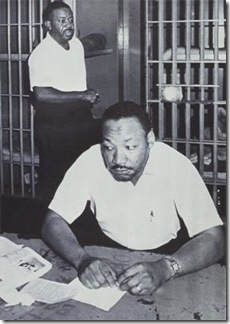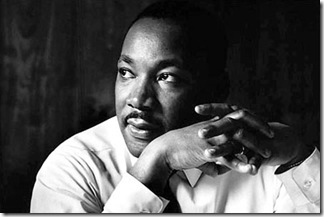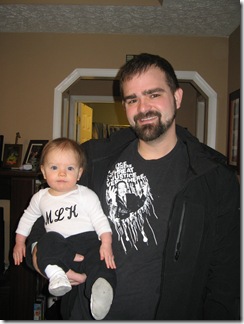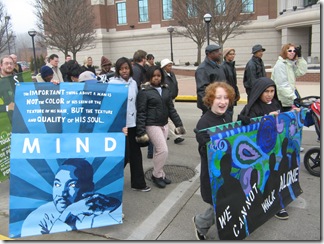MLK Day in Swaziland
Beth and I celebrated Martin Luther King Jr. Day here in Swaziland, and needless to say, it was much different than experiences in prior years. We missed bundling up Mikayla (our own little MLK) for a cold march through Bowling Green Streets. We missed attending the church service at State Street Baptist. We missed processing through MLK’s legacy with like-minded people.
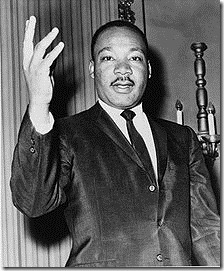
We missed a lot, but we didn’t miss out on the remembrance. I listened to King’s "I have a Dream" speech three times today. The first time was in my office where I found it still causes tears to stream down my face. The second time was at a staff reflection service, and the third was sitting at home winding down for the evening.
Processing through the day with our Swazi staff was a real treat. After all, while most of them know of King, none of them really understood the full significance of his life and legacy. There were 5 Americans there: our family and the two sisters. Sister Diane is old enough to remember the march and the effect it had on the nation. Sister Barbara is old enough to have seen many of the effects of the civil rights movement come into fruition. Beth and I are old enough to realize just how fortunate we are to live in a more enlightened time. And, Mikayla is old enough to live in MLK’s dream of a world where "little black boys and black girls will be able to join hands with little white boys and white girls as sisters and brothers."
Reflecting on the speech in Swaziland provided a fresh view of King’s vision. We have experienced a total racial inversion in the last 6 months from a world of white super-majority to white super-minority. But, we are doing it in a country that has largely been spared the racial tensions of it closest neighbors and the world as a whole (The white and black on the Swazi flag represent racial unity, which is unique in this region). Also, it was profound to hear Martin Luther King speak about the "blank check" his country had written him since so few of the promises for freedom and equality had been fulfilled. We heard those words in a country where the new constitution promises freedoms and liberties that few have seen implemented.
Finally, it was significant to celebrate an "American" holiday by delving into a discussion of how Kingdom usurps Empire. In a nutshell, this was the vision and dream that King shared with the world: things are not the way they are supposed to be, but we are a trajectory of total restoration.
Our celebration was much different than years past, but it was equally as significant.
[By the way, if you haven’t listened to King’s I Have a Dream speech today, please take the time to do so.]
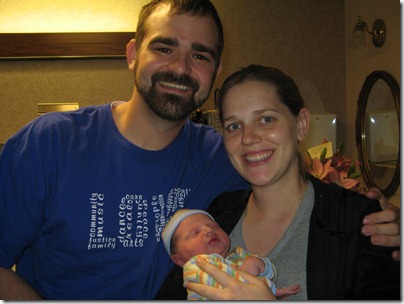
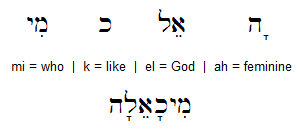
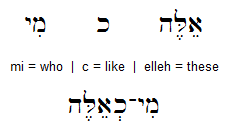 Considering her initials point to a civil rights hero and her other names come from highly regarded family members, this reading carries extra weight. Whether we use it to refer to a godly woman or to a person who is like "these" influential people, we are projecting a sincere desire that our daughter grow up as a person whom others would want to emulate.
Considering her initials point to a civil rights hero and her other names come from highly regarded family members, this reading carries extra weight. Whether we use it to refer to a godly woman or to a person who is like "these" influential people, we are projecting a sincere desire that our daughter grow up as a person whom others would want to emulate.